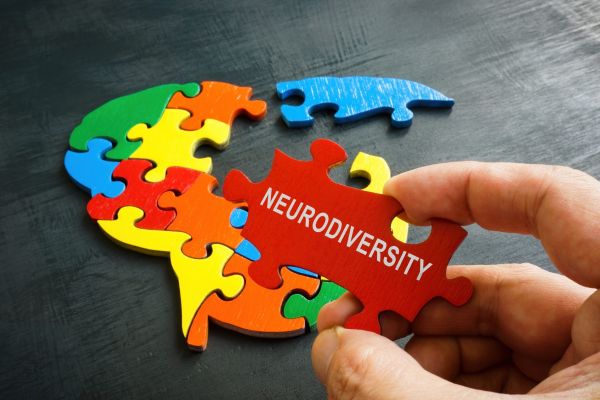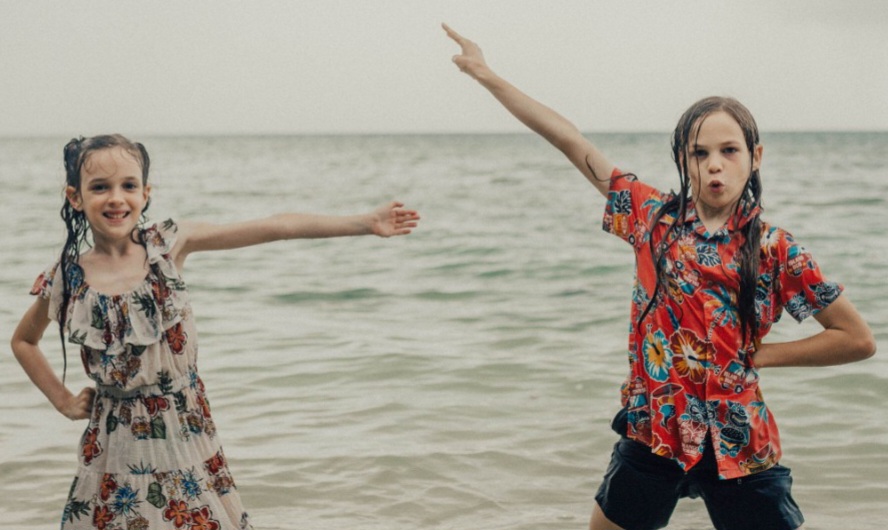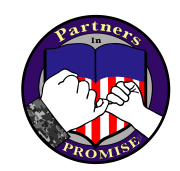
A Neurodiverse Family’s Foundation
| Featured Article
When I was a brand new speech language pathologist volunteering for my first school placement to work with neurodiverse children (many of them autistic), I couldn’t have imagined the advocacy work I was doing would come in handy once I had children of my own. But, there were signs early on that my first child, Killean, would need more intentional support than most other kids his age. He walked later than his playmates, and as we approached the arrival of his sister, Koraline, at age two, he mainly relied on baby sign language and intonated babbling to communicate.
The Evaluation
It Was Time
Killean was attending a private Montessori preschool near Fort Knox. It became clear that we needed to find some answers. While he loved the school, he often struggled to follow what his peers were doing and became overwhelmed and overstimulated. I noticed he took extra time to follow directions but could follow them entirely if given enough time. Given my prior experience, I knew we were dealing with some processing issues, at the very least. However, the time came when my work supporting his teachers wasn’t enough. We had him evaluated, and he received his autism diagnosis shortly after his 5th birthday.
Meet the Neurodiverse Child at Their Level
Gentle Parenting
By the time we received Killean’s diagnosis, I had already worked hard to set up our home to be more conducive to his processing. We had picture cards hung on magnet strips throughout the house. We rehearsed and talked about routines. We made sure to meet his sensory needs. But we were still struggling with frustrations and regular meltdowns draining everyone’s energy. That’s when I stumbled on the concept of gentle parenting, and it changed our world.
Connection Over Correction
I know it would seem like anything with the word “gentle” in it is counterintuitive for a military family. However, leaning into restructuring how we interacted with each other as a family was crucial. Unpacking our misconceptions of child development and accepting where we were over where we wanted to be brought us to a place of peace. As my husband received orders to deploy to Iraq for a year, we moved to Oklahoma to be with my family. Gentle parenting laid the foundation for our resilience during this challenging time
And Then There Were Two
Rolling with the Punches
I had already primarily homeschooled Killean, as he had struggled in a large classroom. While he had a 504, ensuring his teachers followed along with accommodations became my full-time job. Picking him up during the weekly meltdowns when they didn’t was part of this responsibility. So, we began working from home late in the fall. His sister, Koraline, thrived in pre-K, was already reading, and could do most math in her head. She was also notoriously wary of the other kids in her classroom, if not intolerant. My spidey senses told me she needed to be evaluated, but the timing wasn’t right. By March 2020, they were home full-time as we waited for Dad to return home in May.
A Journey Delayed
Our next duty station was Okinawa, where my husband was taking battalion command. I had already decided I would homeschool both children – Killean to help him feel balanced and safe in his world and Koraline to allow her to advance to where she needed in academics. Neither children were receiving any therapy or accommodations outside of what I could provide for them. As we neared my husband’s return from deployment, our orders to join him in Oki were being held up by the EFMP. This delay added to our already stressful situation. The single fact that my son had an autism diagnosis flagged us. We eventually were able to fight the process. However, this was not without missing another two months of being a family together after already spending a year apart.
The Best Decision We’ve Ever Made
Living in Oki during the height of COVID-19 brought our family together into an even stronger unit. I homeschooled for the first year and saw both of our children blossom. I found a fantastic private school called DaVinci International School that specializes in working with neurodivergent (ND) children, both ex-pats and local Okinawans. The children attended for the second year of our stay, and I saw firsthand what tailoring education and small classroom sizes could do for an ND child. During this time, I knew I wanted to return to school for my doctorate so I could help ND children and their families.
We’ve Come So Far
Returning to School
I began my journey to earn my Ed.D. in July of 2021 at Bridges Graduate School of Cognitive Diversity in Education. I took a chance on myself and the school to study an area of learning that is continuously growing and changing. I often questioned if I was doing the right thing – especially as we moved from Oki to Fort Liberty in July of 2022 and I returned to homeschooling my children. But, as I approach completing my time in school and graduating this summer, I can only look back with gratitude for taking that first step.
Stronger Together

From when I noticed Killean needed extra intervention to today, so much has changed. After many delays due to COVID-19, moving, and insurance, Koraline finally received her autism diagnosis. I learned both of my children are twice-exceptional – gifted and autistic. I’ve improved my teaching style to meet their individual needs as we focus on their emotional and mental health, fitness, and academic needs. As a family, we are even more devoted to gentle, compassionate approaches to learning together. Ultimately, my husband and I are embarking on our own journey to discover what brand of neurospicy we are – after all, as the saying goes, apples don’t come from space.
About the Author

Katy Davis is a mom of two, military spouse, SLP, and Doctoral Candidate. Her family is always up for adventure and embraces the nomadic military lifestyle. She is passionate about the neurodiversity movement and supporting families raising neurodivergent children with autonomy and agency. Katy is currently researching the experiences of military-connected families with autistic and gifted (2e) children. If you want to learn more about her research or participate in an interview, she can be contacted at katy.davis@bridges.edu.





Leave a Reply